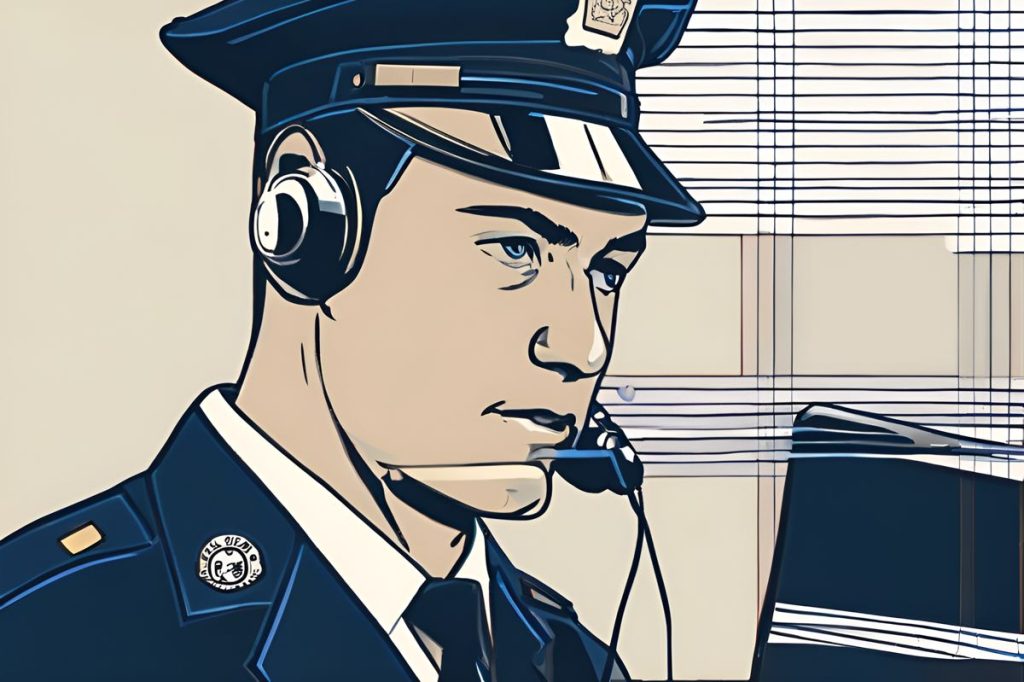Recording police interrogations is imperative to ensure transparency, protect suspects’ rights, and maintain the integrity of the judicial process. It prevents abuses of power, discrepancies in testimonies, and fosters public confidence in the criminal justice system by providing a clear and accountable record of the questioning. The lack of recorded interrogations opens the door to potential abuses of power, and it’s high time for the legislature to prioritize justice and transparency by enacting laws to mandate the recording of all police questioning and taking of statements in criminal cases.
Why is recording police interrogations imperative?
Recording police interrogations is essential to ensure transparency and accuracy, protect suspects’ rights, and maintain the integrity of the judicial process. It prevents potential abuses of power, discrepancies in testimonies, and fosters public confidence in the criminal justice system by providing a clear and accountable record of the questioning.
In the realm of law enforcement, the transparency and accuracy of police interrogations are paramount. An alarming case from 2019 highlights the critical need for recorded interrogations—a British teenager in Cyprus was coerced into retracting her gang rape claim after a seven-hour interrogation without legal counsel, and no recording was made of the session. This incident propelled a law proposal in 2020 to mandate the recording of all police questioning and taking of statements in criminal cases. However, this proposed legislation has been languishing for years without enactment.
The Need for Change
The lack of recorded interrogations opens the door to potential abuses of power. Police officers, in the absence of accountable measures like recordings, might intimidate or pressure suspects into confessions. Recording interrogations not only serves to protect the rights of suspects but also bolsters the integrity of the judicial process. With audiovisual evidence, the exact words and conduct during an interrogation can be presented, preventing discrepancies between what was said and what an officer may later report.
Technological Feasibility
The implementation of interrogation recordings should be straightforward. The cost and complexity of the necessary technology are not prohibitive; even simple audio recording devices would suffice if video equipment were deemed too complex or expensive. The delay hints at a reluctance within police leadership to embrace a practice that is standard in jurisdictions with a strong rule of law.
Tackling Delay and Resistance
The unwillingness to act on the recording of interrogations raises questions. Is there a fear of scrutiny over police methods, or a desire to shield officers using questionable interrogation techniques? A recorded session would provide a clear account, potentially challenging the narrative an officer chooses to document. Nevertheless, law enforcement should prioritize proper procedure adherence, rather than prevent measures that would ensure it. It’s high time the legislature put an end to the stalling tactics and cemented the law to safeguard justice and transparency in criminal proceedings.
The Broader Context
Internationally, the practice of recording police interrogations has been widely acknowledged as a safeguard against miscarriages of justice. Numerous countries have adopted this practice, recognizing its benefits for both the justice system and those subjected to police questioning. The case for adopting such a measure in Cyprus is bolstered by the international trend towards greater transparency and accountability in law enforcement.
Recording interrogations is a practice that aligns with the principles of justice and human rights. It serves as an essential check on the power of the authorities and as a means to instill public confidence in the criminal justice system. Beyond protecting the rights of individuals, it assists in the pursuit of truth, ensuring that justice is administered fairly and with due regard to the law.
1. Why is recording police interrogations imperative?
Recording police interrogations is imperative to ensure transparency and accuracy, protect suspects’ rights, and maintain the integrity of the judicial process. It prevents potential abuses of power, discrepancies in testimonies, and fosters public confidence in the criminal justice system by providing a clear and accountable record of the questioning.
2. What are the benefits of recording interrogations?
Recording interrogations provides a clear and accurate record of the questioning process, which helps prevent potential abuses of power by police officers. It also ensures that the rights of suspects are protected and that the integrity of the judicial process is maintained. Additionally, it helps to build public confidence in the criminal justice system by providing transparency and accountability.
3. How does recording interrogations prevent discrepancies in testimonies?
By having a recorded account of the interrogation, any discrepancies between what was said during the questioning and what an officer may later report can be identified. This helps to ensure that the testimony provided by suspects is accurate and reliable, and it prevents officers from potentially manipulating or misrepresenting what occurred during the questioning.
4. What is the current status of legislation regarding recording police interrogations?
As of now, there is no legislation in place mandating the recording of all police questioning and taking of statements in criminal cases in Cyprus. However, there has been a proposal to enact such legislation in 2020. The delay in enacting this legislation raises questions about potential resistance or reluctance within the police leadership to embrace the practice of recording interrogations.

